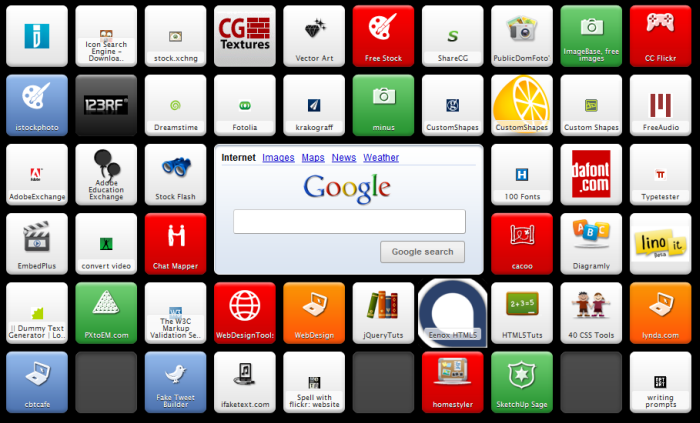University
of South Alabama
Department of Leadership and Teacher Education
Project #13 - Lesson Plan
Name: Johanna Logan, Hannah Tolbert, Kristen Evans, &
Nicole Cumbo Date:
2/27/14
School: University of South Alabama Grade
Level: 2nd
Teaching Strategy: Whole group, small group Time
Required: 1 hour (each day)
I. Subject/Content
Area
·
Science/
Earth and Space
·
Technology
Education
·
Arts
Education
II. Behavioral
Objectives
ALCOS -
·
Science:
11. Identify basic components of our
solar system, including the sun, planets, and Earth’s moon.
·
Technology
Education: 2. Identify applications and operations of various technology
systems.
·
Technology
Education: 7. Use digital tools to access and retrieve information.
·
Arts
Education: 1. Apply a variety of procedures, methods, and subject matter in the
production of two-dimensional works of art, including landscapes, still lifes,
and relief prints. Producing three-dimensional works of art.
·
Students
will learn to classify planets in the order they appear in the solar system.
·
Students
will learn to distinguish planet by name, color, and features
.
III. Lesson
Concepts
·
Solar
System
·
Moon
·
Sun
·
Planet
IV. Materials
·
SMART
Board
·
Computer/
Internet
·
Foam
ball
·
Paint
·
Paint
brushes
·
Library/
books
·
Pencil
·
Paper
V. Teaching/Learning
Procedures
A.
Motivation
·
Say
to the class, “ Class are you ready to get out of this world? We’re about to
experience the magic of our Solar System.”
·
Show
class The Planet Song Video (https://www.youtube.com/watch?v=yGSbf5GUWO8)
B.
Instructional
Procedures
|
Monday
|
Tuesday
|
Wednesday
|
Thursday
|
Friday
|
|
o Explain lesson and what is expected
in the assessment.
|
o Separate students in to groups of
four and assign each group a planet.
o Instruct students that they are to
find 3 books on the planet they were assigned.
|
o Students will use classroom
computer to visit Alabama Virtual Library to find an online source that
relates to their assigned planet.
o Each group is to come up with three
significant facts that they have learned about the planet they were assigned.
|
o Students will be given a Styrofoam
ball to decorate using paint/ paintbrushes. The ball must resemble their
planet.
o On a separate sheet of paper
students are to list three interesting facts and which source they obtained
these facts from.
|
o Students will present their
decorated planet by groups in the order they are arranged in the Solar
System.
|
A.
Closure
·
Students
should now be able to identify the order and characteristics of the nine
planets.
·
At
the end of the lesson/ activity on Friday review with the class what they have
now learned about not only their own planet but the planets their fellow
classmates had as well.
·
Ask
students to sing The Planet Song.
VI. Assessment/Evaluation




